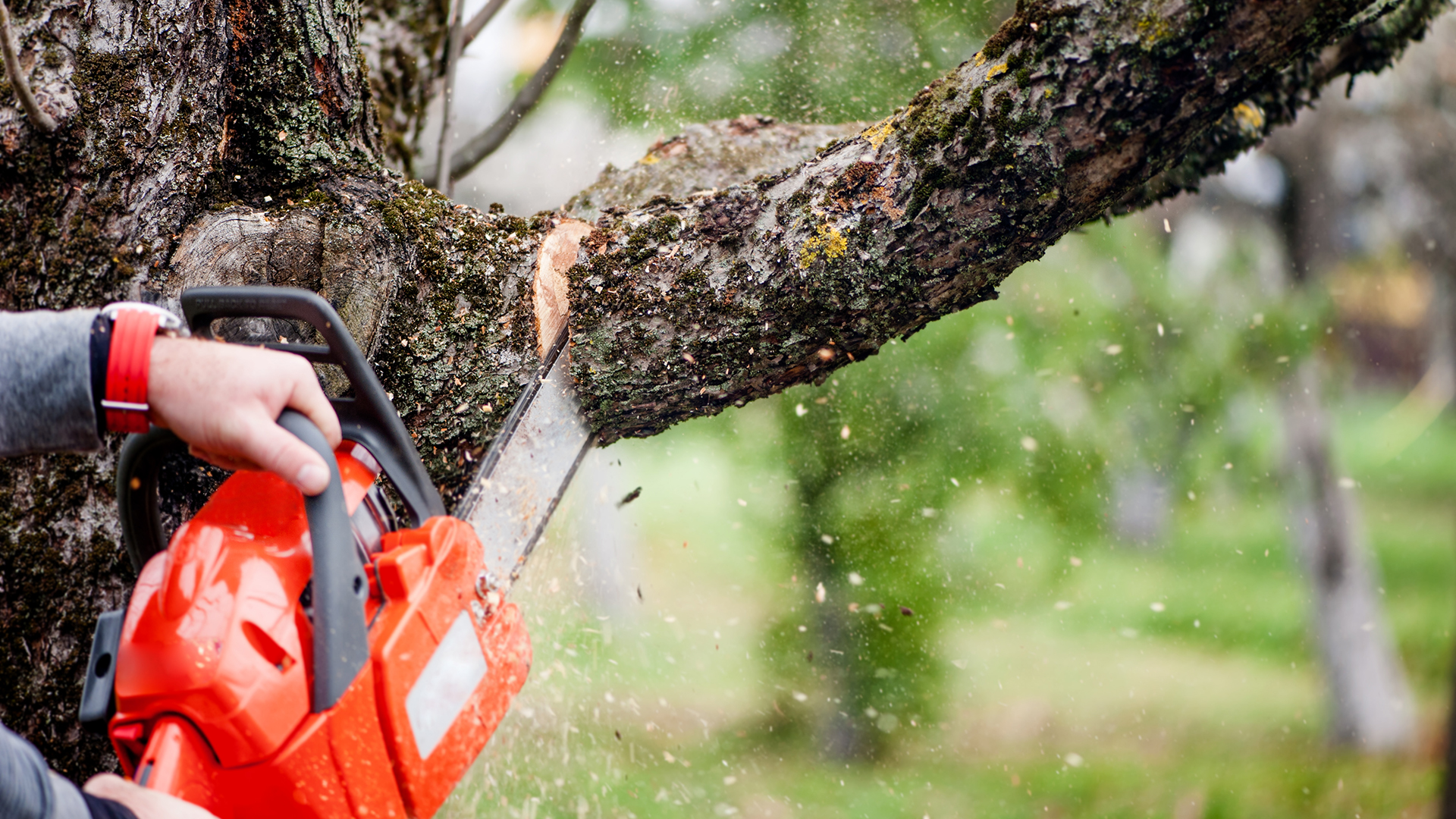A chainsaw is indispensable for blitzing through challenging garden projects while saving you time. Yet if you’re new to using a chainsaw, it can be tricky to know what to do if you run into problems. We’ve got you covered, as we walk you through how to unflood a chainsaw, step-by-step.
Essentially, a flooded chainsaw means you have excess fuel in the combustion chamber. It creates an imbalance between oxygen and fuel, preventing the spark from igniting.
Luckily, flooding is common and relatively simple to fix. A tell-tale sign is the smell of gasoline, making it an easy problem to diagnose. Learning how to do basic troubleshooting can boost your confidence and save you costly repairs. You can also reduce the chances of flooding by taking the time to properly start your chainsaw.
We’ve asked an expert to explain how to unflood a chainsaw so you can learn how to get your device up and running.
Flooding is usually straightforward to fix, though if your chainsaw is beyond replacement, why not check out our guide to the best chainsaws?
How to unflood a chainsaw: a step-by-step guide

Melody Estes is a Landscape Design Gardening Supervisor from Maine and a consultant for The Project Girl, where she offers her expertise on taking care of your yard.
Unsure how to unflood a chainsaw? Follow these steps to get your device ready for action.
1. Safety first
“First, make sure you're wearing safety glasses and gloves,” says Melody Estes, Landscape Design Gardening Supervisor and a consultant at The Project Girl. Place your device on a flat surface to work on it.
2. Turn off the choke
One of the most common reasons for flooding is overdoing the choke. Turn it off before you proceed.
3. Pull the starter rope
Quickly pull the starter rope several times to remove the excess fuel. If the chainsaw doesn’t start, the spark plug is likely wet.
4. Remove the spark plug
“Make sure the spark plug is removed from the saw," says Melody. Use the supplied wrench to do this. Dry the spark plug with a rag if it's wet.
5. Allow the fuel to burn off
It pays to be patient with a flooded chainsaw. “Finally, turn on the saw and let it run for a few minutes until it stops running out of fuel or oil,” advises Melody. Remember to put the chain brake on to protect yourself.
6. Start the device again
Move away from your workbench before starting the device. Pay attention to the instructions to avoid flooding it again.
Discover more guides for the garden…
Cheap chainsaw deals
Best leaf blowers
Best pressure washers
Cheap pressure washer deals
Best patio heaters
Best inflatable hot tubs

